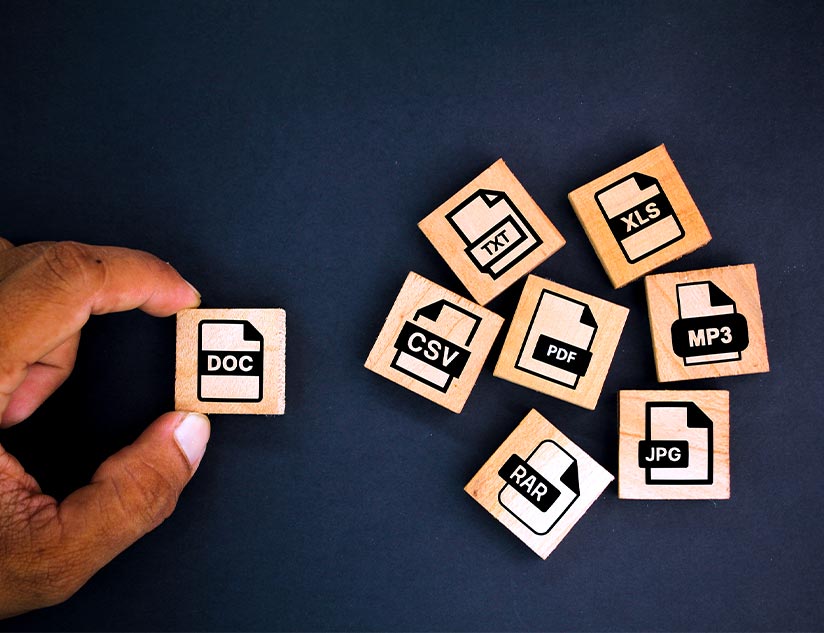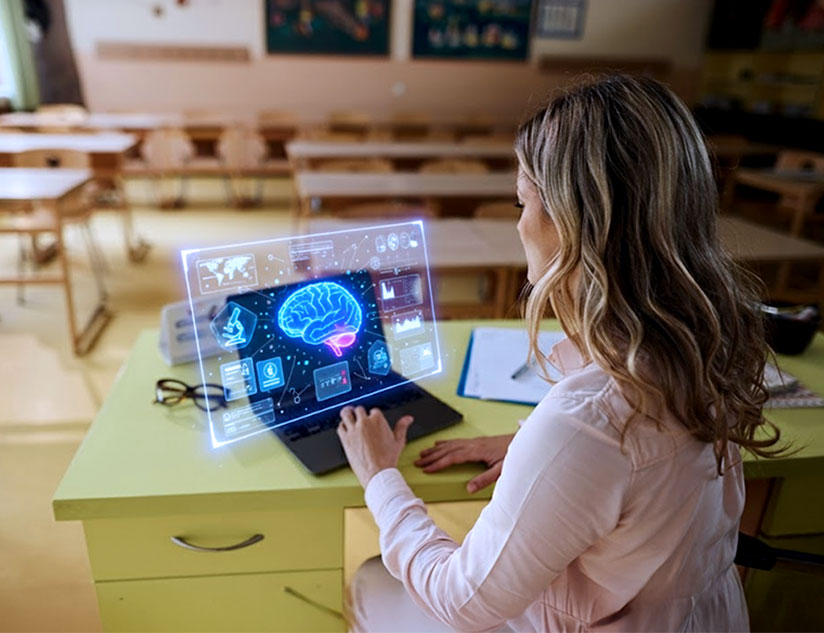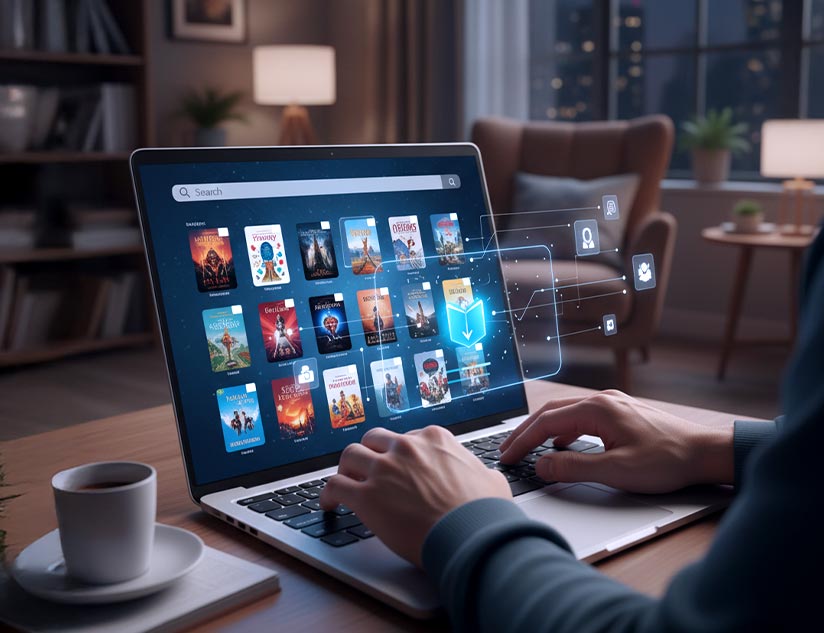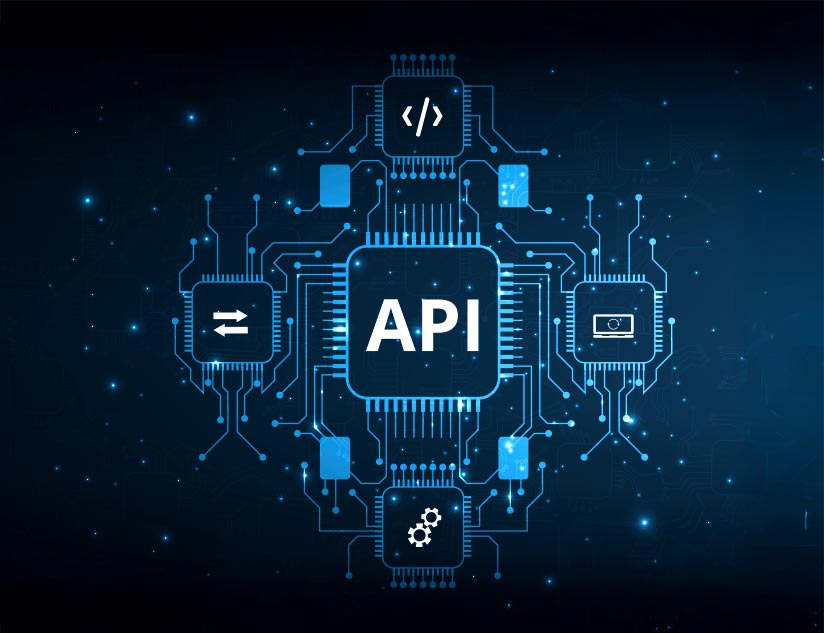Did you know that even in 2025, one in every five children worldwide is completely excluded from education? Plus, over 250 million students cannot access education in the language they are most comfortable with. So, saying that children with special needs are disproportionately excluded from receiving quality education doesn’t come as a surprise. Fortunately, there is a growing recognition that differences are not deficits. This shift in mindset is crucial for creating truly inclusive and accessible digital learning experiences. The consequent increase in demand for accessibility in education presents an unmissable opportunity for K-12 publishers to differentiate themselves from the competition. The challenge for publishers now is to convert legacy educational content into inclusive and accessible digital learning experiences. Doing so can offer a significant competitive advantage by broadening the reach of your materials, enhancing your reputation, and aligning with legal and ethical obligations.
The Legacy Content Challenge in K-12 Digital Learning
In a rapidly changing world, legacy educational content not only fosters potential inequities in access to learning but also fails to prepare students for the demands of the modern workplace. However, building digital accessibility can be a steep hill to climb because it requires the adoption of new technologies. The simplest fix might be to convert physical materials into digital formats, such as non-interactive PDFs and scanned documents. But these do the opposite of providing engaging and accessible digital learning experiences.
Plus, such materials fail to comply with the current accessibility standards, such as WCAG, ARIA, SRT, etc. This can lead to non-compliance with legal and ethical frameworks, which, in turn, can cause reputational damage that, in the worst-case scenario, could be irreparable.
Winning with Accessibility: The Strategic Opportunity for Publishers
Publishers who prioritize accessibility in K-12 education position themselves well to attract a larger and more diverse student population, build stronger relationships with schools, and gain a positive reputation. Accessible digital learning experiences, fortified with features such as text-to-speech, large print options, captioning, and alternative text descriptions, can improve comprehension and engagement for all students, not just those with disabilities. And by catering to a wider audience, publishers can increase the size of their potential customer base and market share.
In addition, integrating interactive content, inclusive design, and online/offline eBook readers that support personalization enhances engagement and improves learning outcomes. Demonstrating a commitment to digital accessibility strengthens a publisher’s brand image and reputation as a socially responsible and inclusive organization. Meeting procurement standards for schools and districts focused on equity and compliance can work wonders in driving business growth and success.
From Static to Dynamic: The Digital Transformation Process
Digital transformation to promote accessibility in K-12 education while providing engaging digital learning experiences can be effortless with the right technology partner. An experienced and skilled partner will help you conduct a content audit and accessibility assessment to build the transformation roadmap. Working in close collaboration with your team, they will ensure that gaps are filled, and legacy content is converted from static to dynamic formats compatible with the current industry standards, such as SCORM, LTI, QTI, xAPI, etc.
They will also guide you regarding the tools and technologies that should be integrated into your platform to support accessible conversion, such as text-to-speech, screen reader compatibility, and more. Look for a provider that leverages AI and automation for scalable transformation. They should offer comprehensive services to take care of every aspect of content migration so that you experience a smooth transition with minimal business disruption.
Best Practices for Creating Accessible Digital Experiences
Creating accessible digital learning experiences involves adopting Universal Design for Learning (UDL) principles and consistently applying accessibility standards across all course materials.
The Right Foundation
This includes using semantic HTML, ensuring proper heading structures, and using descriptive alt text for all images, so screen readers can convey the image’s content to users with visual impairments. Make video content accessible via captions and subtitles for learners with hearing impairment.
The Right Design
Design online documents and forms with accessibility in mind, including proper formatting, labeled fields, and compatibility with assistive technologies. Apply accessibility standards consistently across all content, including lessons, videos, quizzes, etc. In addition, offer learning materials in multiple formats, such as printable documents, transcripts, and audio descriptions, to accommodate different learning preferences and needs.
The Right Support
Ensure that your learning platform is fully operable with a keyboard, providing an alternative navigation method for learners who cannot use a mouse. Also, provide sufficient contrast between text and background colors to ensure readability for users with visual impairments.
Finally, conduct user testing with assistive technologies and real learners to make sure that your digital learning platform best ensures accessibility.
It’s Time to Modernize for Every Learner
When K-12 publishers focus on accessibility in education, they not only foster inclusivity but also ensure increased adoption of their offerings and an enhanced reputation. Plus, legal and ethical compliances are eased. Are you ready to gain a competitive advantage by providing accessible, personalized, and engaging digital learning experiences? Partner with the digital learning experts at MagicBox™ to make your content inclusive and impactful. Schedule a demo today to learn how your legacy content can be seamlessly converted into dynamic digital offerings.














